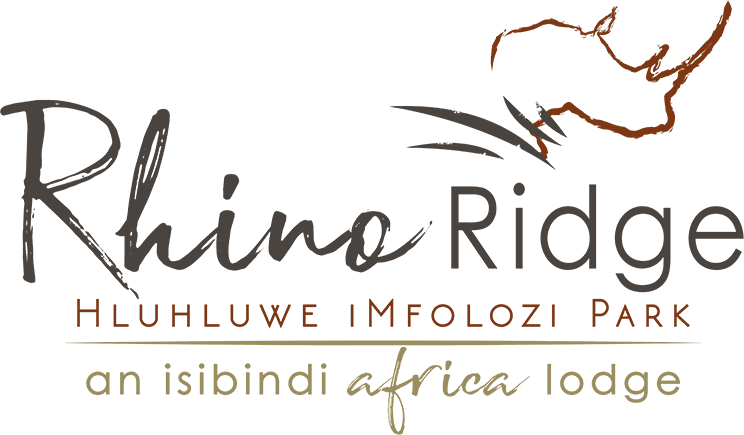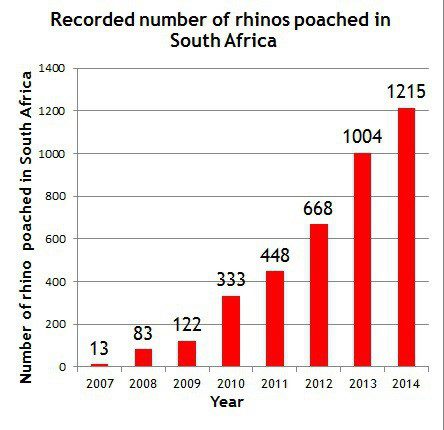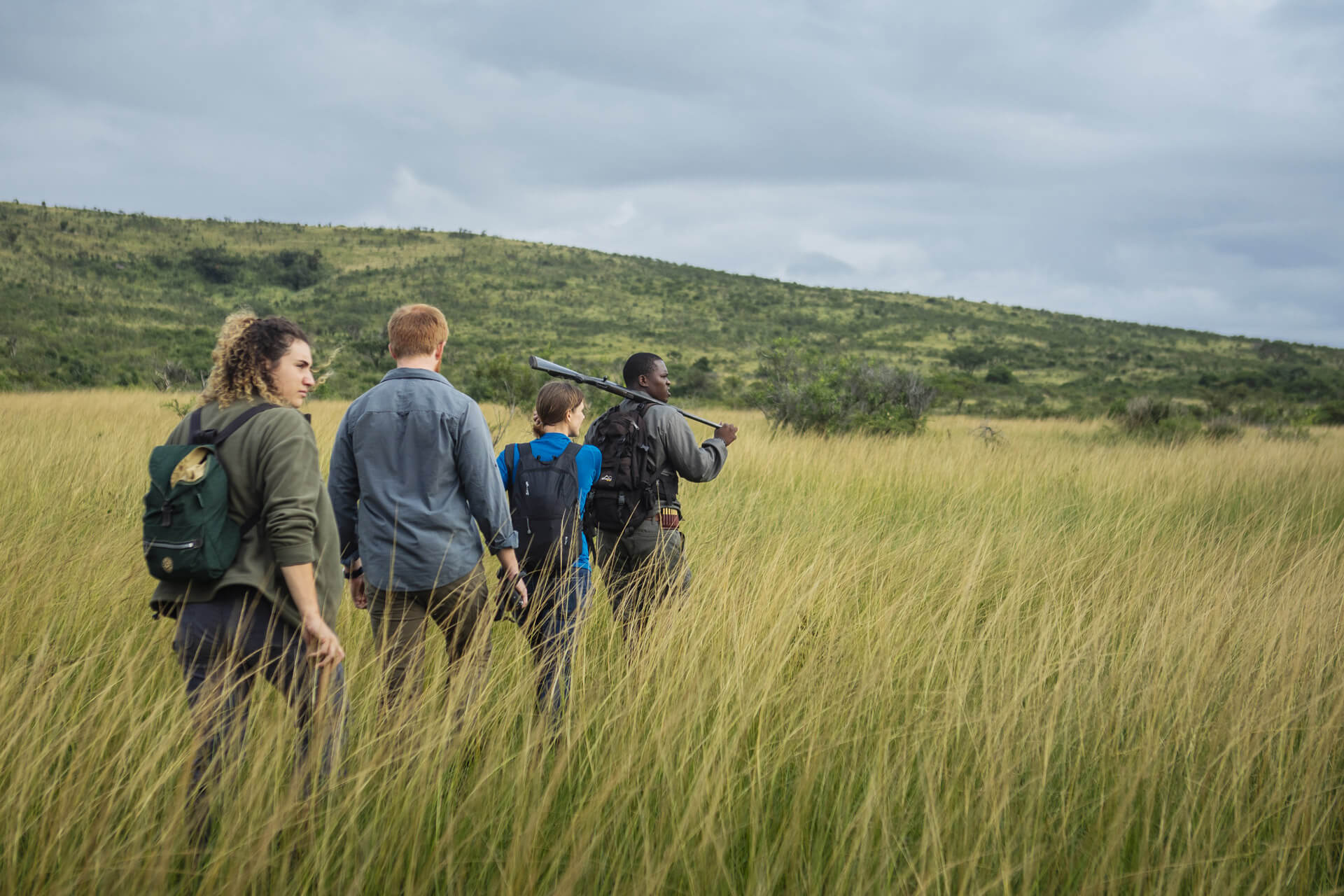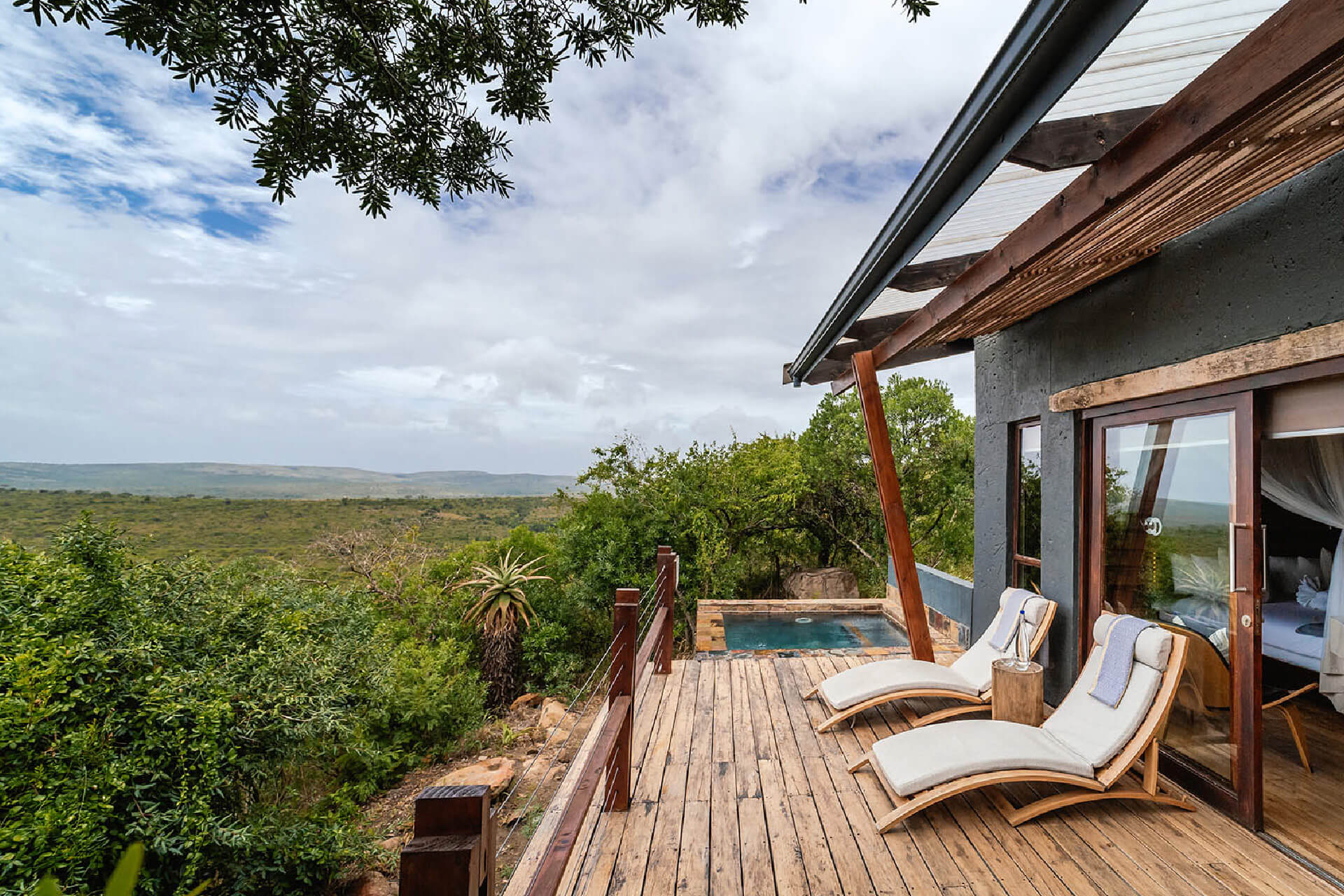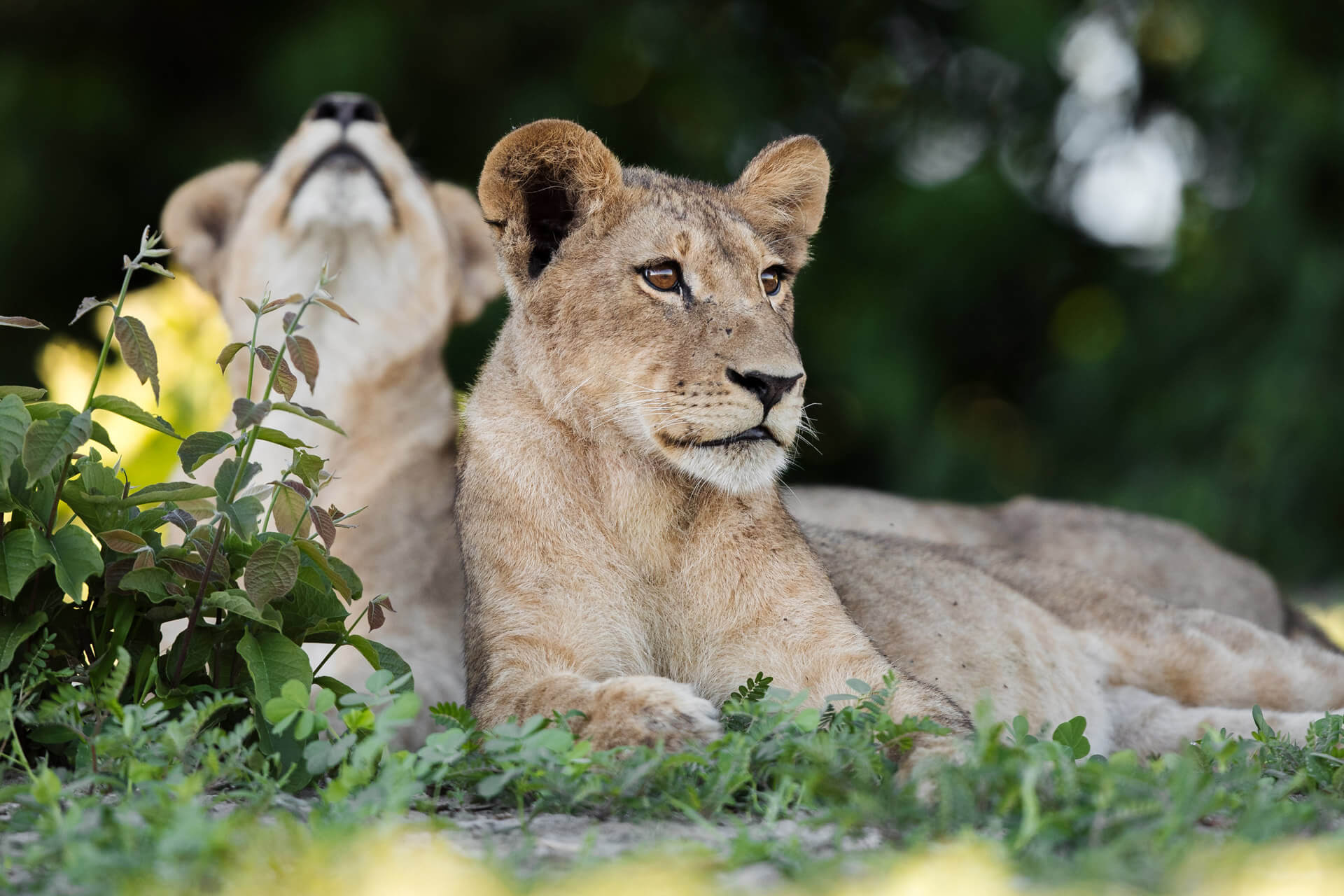Alarming Rhino Poaching Statistics
Posted on: March 28, 2015
Imagine not being able to show your grandchildren a live rhino in the wilds of Africa? This alarming graph submitted by Isibindi Africa guest Dr Sharon Grussendorff shows a frightening picture about the increase of rhino poaching in South Africa:
Dr Grussendorff explains that the graph shows how much the number of rhinos that are being poached is increasing every year. People kill rhinos for their horns, which are sold illegally, and it is sad that this is based on false beliefs about the properties contained in these horns.
In our very recent past, the Southern White Rhino nearly died out completely, with only around 50 left in the wild. Thanks to the dedicated efforts of people like Ian Player and Magquba Ntombela in the Hluhlhuwe-iMfolozi Game Reserve, conservation efforts have rescued them from extinction. Today there are over 20,400 White Rhino in the world. However there are only 5055 black rhinos left in the wild. If poaching continues to increase, rhinos will one day become extinct.
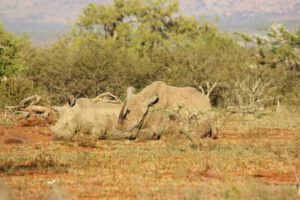
I had tears in my eyes watching this mother and baby rhino napping safely in the morning sun
Rhino conservation is very important to save endangered species like the rhino. Some of the activities involved in conservation are:
* The exact whereabouts of rhino are being kept out of social media, so that poachers are not able to track rhino as easily.
* Microchips are hidden in rhino horns that allow scientists to track rhinos and their horns.
* Rhinos in high risk areas are moved to safer places.
* Police and the South African Defence Force are continually working to stop poaching, and poachers can be shot or put in prison.
* At some nature reserves rhinos are given their own private body-guards to look after them!
* Rhino orphanages have been started in Limpopo and KwaZulu-Natal, to save rhino babies that have lost their parents to poaching.
* Awareness campaigns are used to encourage people to support conservation.
* Media campaigns are educating people that it is a myth that rhino horn has medicinal properties.
At the newly opened Rhino Ridge Safari Lodge in the Hluhlhuwe-iMfolozi Game Reserve, you are able to witness this great beast in the wild and contribute towards saving this beautiful animal from extinction.
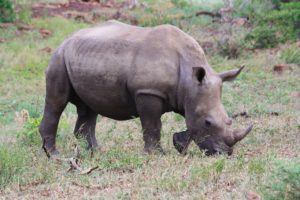
Worth fighting for – Rhino baby
